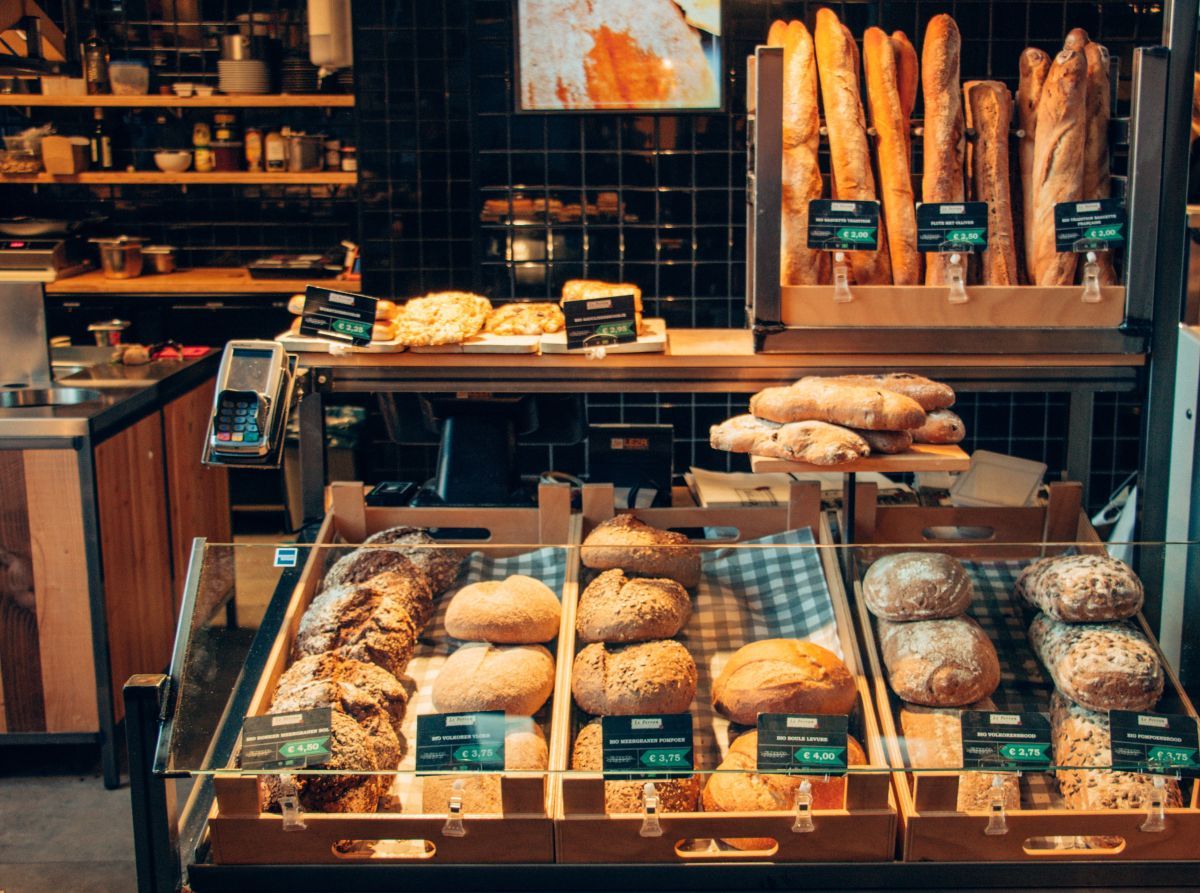The price increase in Germany has reached record levels. Last month, discounters and supermarkets lowered prices on sausage, cheese, vegetable oil, and frozen fruits. Most retailers' branches promise to consistently reduce prices on more than 2,000 items.
Related topic: New price tags in German supermarkets: Shoppers face a trap
In their current brochure, Aldi Süd mentions 2,100 discounted items, while Edeka and Kaufland lead the list with 2,300 discounted items. However, a current analysis by the Smhaggle app provider shows that despite the pricing enthusiasm of retailers, many popular products in supermarkets have significantly increased in price since February 2022.
The price hike in Germany has reached a critical point
According to an online price survey by FOCUS, the price dynamics for olive oil are particularly high.
If in January 2022, a bottle of first-press olive oil (750 milliliters) cost €2.89, consumers now have to pay €6.99 for the same bottle—an increase of 240%!
This is attributed to poor harvests in developing regions of Spain, Greece, and Italy. Experts from Hamburg-based Oil World believe that "it is likely that prices on the world market for olive oil will soon reach or exceed $10,000 per ton".
Prices for sweet biscuits have also risen significantly, reporting a 91% increase. In January 2022, a 200-gram pack cost 99 cents, but today households have to pay €1.89 for the same product.
According to FOCUS online analysis, prices for bread in supermarkets and discount stores have also increased.
If consumers paid €1.35 for half a kilo of potato bread in January 2022, they now pay €1.79, marking a 25% price increase.

- The cost of a vanilla pod is now 85 cents, compared to 69 cents in January 2022—a price increase of 23%.
- A regular roll currently costs 19 cents at Edeka, Rewe, Aldi, and Lidl, up from 15 cents in January 2022—an increase of approximately 28%.
- Mineral water is considered one of the most popular items in German supermarkets. For a pack of 6 bottles, each containing 1.5 liters from the Volvic brand supplier, customers currently pay €6.90, excluding the deposit. In January 2022, the same set cost €4.89 each, indicating a price increase of 29%.
Why have prices for certain products increased so significantly?
The steep rise in prices for certain products is attributed to several factors. Over the past few months, food prices have increased across the board, significantly more than the overall inflation rate.
One key factor is the increase in retail purchase prices, influenced by rising prices of raw materials, energy, and logistics throughout the supply chain.
Trade companies could absorb some of these costs, but not all of them. They also have to pay more for lighting, cooling, and fuel. Despite a "tense competitive environment" where markets compete for customer favor by offering competitive prices and deals, consumers demand more transparent information about price increases.
The head of the Federal Association, Ramona Pop, notes that prices are entirely non-transparent for buyers, and comparisons should be easier for customers. Therefore, the federal government should quickly provide assistance to people.








